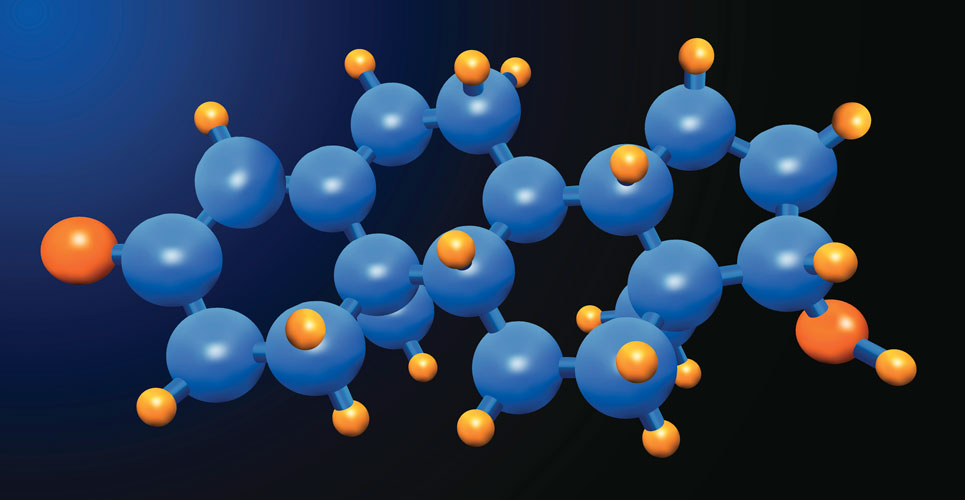Studies have consistently shown that being male is associated with a greater risk of more severe disease after infection with COVID-19. However, a study has suggested that testosterone may actually be protective.
From early in the COVID-19 pandemic it became clear that male sex was identified as a risk factor for more severe disease in COVID-19. Thus attention has turned to the role of androgens, in particular, testosterone among those infected with the virus. In an attempt to further understand the relationship between hormone levels and COVID-19 disease severity, a team from the Division of Endocrinology, Diabetes and Metabolism, Washington University, US, undertook a prospective study of consecutive patients admitted to hospital with COVID-19 and measured levels of testosterone, estradiol and insulin-like growth factor 1(IGF-1) at admission, and subsequently on days 3, 7, 14 and 28. The team sought to compare the level of these of hormones in patient with milder and more severe infection and the association with inflammatory biomarkers. In an effort to adjust for other potentially relevant factors, data were collected on age, body mass index (BMI), smoking status and the presence of comorbidities. The primary outcome measure of the study was severe COVID-19 and which was defined in terms of the need for mechanical ventilation, supplementary oxygen, intensive care unit (ICU) admission or death.
Findings
The researchers included 152 patients with a mean age of 63 years (59.2% male) who had been hospitalised with COVID-19. Among 66 men with severe COVID-19, the median testosterone level was 64.9% lower at day 0, compared to those with milder disease (53ng/dl vs 151 ng/dl, p = 0.01). Furthermore, testosterone levels were 82.9% lower than normal on day 3 (19 vs 111, severe vs mild disease) but had returned to normal by day 28. In addition, testosterone levels were lower in men requiring ICU admission (49 vs 142, ICU admission vs no admission) and those who died (42 vs 108). Interestingly, there was no difference between those with severe or mild disease and levels of either estradiol or IGF-1. The authors calculated that low testosterone levels upon hospital admission were inversely associated with an increased odds of severe COVID-19 (odds ratio, OR = 0.11 95% CL 0.02 – 0.59, p = 0.02) and ICU admission (OR = 0.15). A further important finding was that testosterone levels upon admission were also inversely associated with several inflammatory biomarkers including interleukin-6, C-reactive protein and interleukin 1 receptor antagonist. No significant associations were detected between testosterone, oestradiol, IGF-1 and disease severity in women.

In discussing these findings, the authors noted that men with severe COVID-19 had testosterone levels up to 85% lower than those with milder disease and that this difference was independent of other demographic factors such as age, BMI or other comorbidities. Moreover, while male sex has been deemed an important risk factor for more severe infection, their study suggested that testosterone appeared to be protective against severe disease and that it was lower testosterone levels which were linked to worse outcomes, especially given the association with higher levels of inflammation.
Citation
Dhindsa S et al. Association of circulating sex hormones with inflammation and disease severity in patients with COVID-19. JAMA Netw Open 2021

